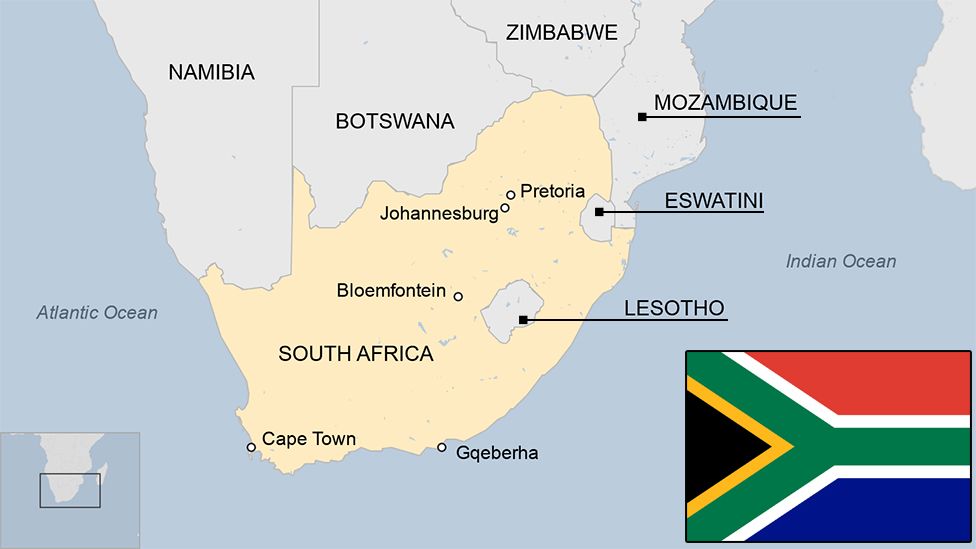CURRENT AFFAIRS UNIT, RADIO KWARA, ILORIN
PROGRAMME: NEWS COMMENTARY
DATE OF BROADCAST: 15/2/90 AT 1810 HOURS
WRITER: LANRE KAWU
In the aftermath of the release of Nelson Mandela, from the Victor Vester prison, near Cape Town, last Sunday, a host of new developments have come into sharp focus, in the labyrinth of the apartheid system in South Africa, and the work of the national liberation movement. On Wednesday this week, in Lusaka, Zambia, the National Executive Committee of the African National Congress, convened its first meeting since the unbanning of the ANC on February 2nd, and the release of Nelson Mandela.
The Lusaka meeting would certainly be one of the most important in the recent history of the ANC. It is expected to overhaul the whole strategy of the movement, in the light of the opportunities open for legal work within South Africa. The meeting is also expected to define the role which Nelson Mandela and his colleagues, recently released from prison, are to play in the latest stage of the struggle.
While we can disagree with certain Western analysts, about the fact that the ANC was caught totally off-guard by President De Klerk, in his address to Parliament on February 2, there is no doubt, that the ANC must critically explore the new openings in South Africa to extend the struggle for a non-racial democratic South Africa.
In the first address he gave soon after coming out of prison, Nelson Mandela indicated that while the regime must be acknowledged to have moved in a positive direction, it was also clear that major pillars of the Harare Declaration on the Transition to a Democratic South Africa, were not implemented. Thus, the State of Emergency is still in force, the troops are occupying Black townships, and the gates of the prisons have not been thrown open, to release all political prisoners. De Klerk has taken important steps, but still must look over his shoulders to gauge the reactions of right-wing Whites.
In the aftermath of Nelson Mandela’s release, the Conservative Party opposition in Parliament had threatened to take Mandela, Sisulu, and a host of other leaders to court, under the terms of the Internal Security Act, while also hoping to whip up the fears of the White community enough to be able to defeat President De Klerk’s reforming Nationalist Party in elections slated for the next four years.
In the meantime, a series of by-elections will take place in the next couple of months, during which they hope to project themselves as the true defenders of White interests. But the most reactionary challenge has come from a band of thugs, organised in the Afrikaner Resistance Organisation (AWB), who went into the streets a few days ago, shouting “HANG MANDELA”.
In the Natal Province, the death and destruction sown by the vigilantes of the Inkatha Organisation escalated in the wake of Mandela’s release. Chief Gatsha Buthelezi’s pretences as a genuine leader of the South African people has long been exposed by his stance in opposition to sanctions and unscrupulous willingness to work within the structures of apartheid.
It would seem that the situation in South Africa is much more complicated now, than it was, before the release of Nelson Mandela. That indeed is the truth. South Africa is going through the pains of transition, from a society of institutionalised violence, prejudice and privileges for the White minority, into an uncertain future. Uncertain, because democratic, non-racial and majority rule, is not an automatic outcome of the present impasse.
Much would still depend on the vigilance and discipline of the Black majority. It is in this light, that Nelson Mandela’s call on the international community to uphold sanctions against the racist regime, as the process in the country unfolds, should be understood. This is because even the much that has been achieved in South Africa, came, not because the White minority wanted it. The changes came because of the dialectics of internal and external circumstances, which exposed apartheid for what it always was, a crime against humanity.


